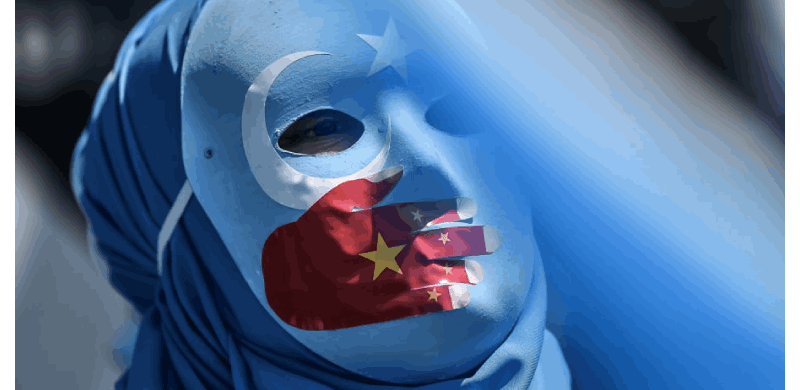
As many as 40 wives of Pakistani merchants in China were forced to ‘eat pork and drink alcohol’ in internment camps which the authorities claim are ‘vocational education centres’, AFP reported.
The groups of around 40 women, all from the western Chinese province of Xinjiang and married to traders from neighbouring Pakistan, were among the 1 million Muslims taken to the ‘vocational centres’.
The husbands claim that their wives were ‘forced’ into doing Haram activities that are forbidden in Islam. “She said they had to eat pork and drink alcohol, something she still has to do,” One husband who recently met his wife after she returned from the centre said.
The wife said that she would have to do those acts to satisfy the authorities that she no longer possessed ‘radical thoughts’. She claimed that they threatened to take her back to the ‘camp’ if they see a change in her behavior or if she quits practicing what she was taught.
Some of the traders, who traditionally leave their wives in Xinjiang for weeks or months at a time when they return home to conduct business, believe the women were taken to the camps because of their connection to Pakistan.
Owing to international outrage and criticism and economic relations with Pakistan, China has slowly started to release the women, AFP said.
The groups of around 40 women, all from the western Chinese province of Xinjiang and married to traders from neighbouring Pakistan, were among the 1 million Muslims taken to the ‘vocational centres’.
The husbands claim that their wives were ‘forced’ into doing Haram activities that are forbidden in Islam. “She said they had to eat pork and drink alcohol, something she still has to do,” One husband who recently met his wife after she returned from the centre said.
The wife said that she would have to do those acts to satisfy the authorities that she no longer possessed ‘radical thoughts’. She claimed that they threatened to take her back to the ‘camp’ if they see a change in her behavior or if she quits practicing what she was taught.
Some of the traders, who traditionally leave their wives in Xinjiang for weeks or months at a time when they return home to conduct business, believe the women were taken to the camps because of their connection to Pakistan.
Owing to international outrage and criticism and economic relations with Pakistan, China has slowly started to release the women, AFP said.
